Attitudes to covid-19 and how it’s impacting young people
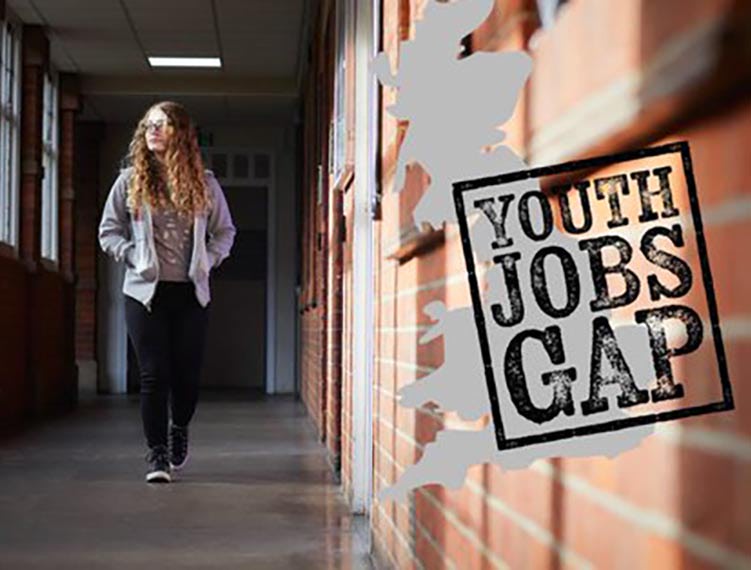
The British Science Association is looking at attitudes to covid-19 and how it’s impacting young people.
The BSA is really concerned with how young people are being ignored in the current crisis. Effective science communication now will save lives. The percentage of people who ultimately trust the government and follow its advice will directly correlate with the amount of deaths – but young people are one of several groups falling through the gaps. Young people have been termed ‘transmitters’ of the disease by the media, but little focus has been put on how the virus will indirectly, but profoundly disrupt their lives.
Our data shows:
- Just under a third of young people are working (29%) or volunteering (22%) at the moment and, given a lot of summer jobs are in retail and hospitality / tourism, we could see an impact for some young people’s income as things continue. This is likely to hit working class families harder as their parents are less likely to have the income to substitute summer job earnings.
- About a quarter (23%) of 14-18 year olds say they are spending hardly any time or no time at all studying, raising concerns about a potentially widening achievement gap. The Sutton Trust recently found that middle class families feel more confident home schooling than working class families. As they are also more likely to have the resource to enlist tutors, this is likely to only wider the gap in inequality when they return to school.
- In one clear positive from the current pandemic, there is a marked uplift in young people who would now consider working in a scientific field as a result of COVID-19 – with 37% of young people now more likely to consider a scientific career.
- Top of young people’s concerns is the impact COVID-19 will have on the NHS. Four in five people rank this as their top concern above any more personal worries. This was closely followed by concerns around the impact it will have on their education (79%) whereas the adults (respondents 18+) were more concerned about the UK economy (84%). Both groups put the wider economy above their own physical and mental health and financial security, suggesting social concerns are coming first in the pandemic.
- Young people are hungry for more information about what’s going on, almost two fifths (38%) of 14-to-18-year-olds seek out expert advice about what the virus is and its impact. What’s more, almost two thirds want to know more about science (62%) and the science behind the coronavirus (68%), and 1 in 5 (20%) young people and adults want to hear more from professional scientists during the COVID-19 outbreak.
- Over a third of all people from the younger and older group (39%) want to hear more on the longer-term plan for when things will return to normal
According to CEO, Katherine Mathieson,
“There are too many people and communities not being reached by current COVID-19 messaging, and young people are one of these groups. The impact of this public health crisis on young people – their education, future plans and employment prospects – is huge, but not something which has been given sufficient air-time in the public discussions or government press conferences.
“Other countries’ senior politicians have ensured young people are directly engaged, so they can understand the pandemic. Norway’s Prime Minister Erna Solberg and New Zealand’s Prime Minister Jacinda Ardern both held press conferences specially for children, for instance. Young people also have great ideas and new ways of problem solving. We do both them and wider society a disservice by not addressing their worries or including them in the conversations that could lead to a better society in the future.”

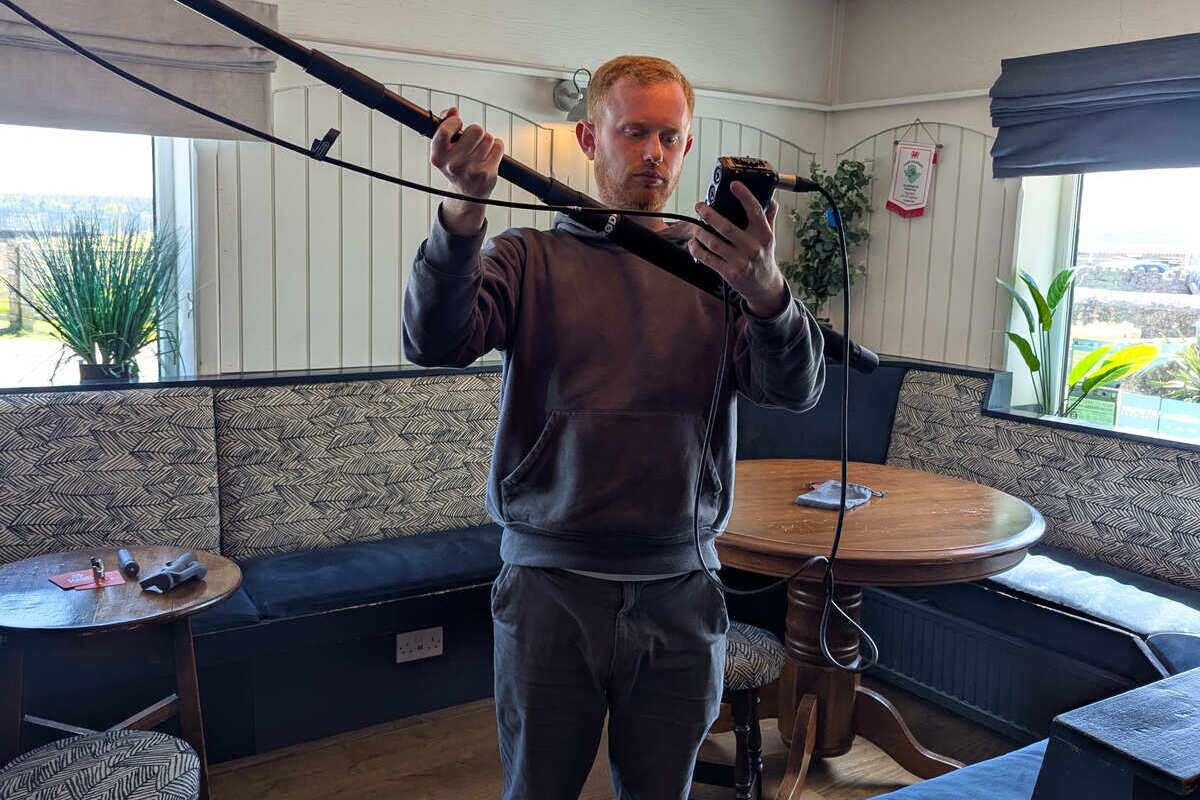

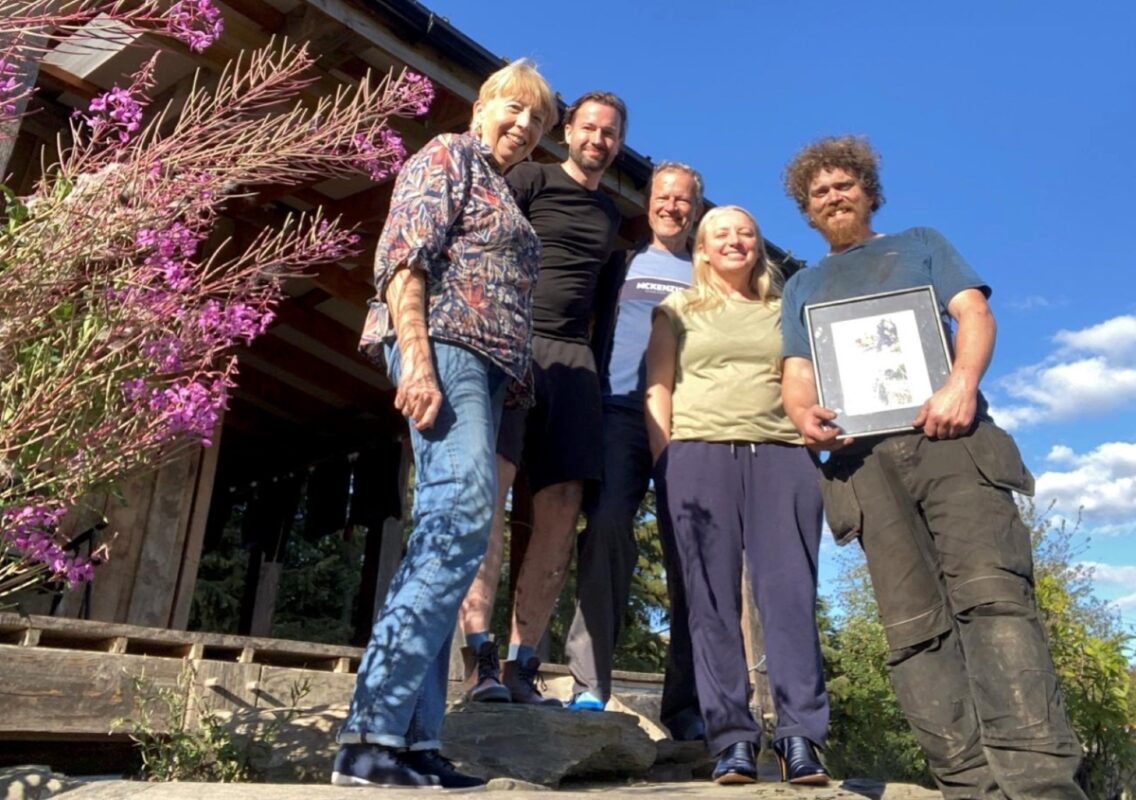

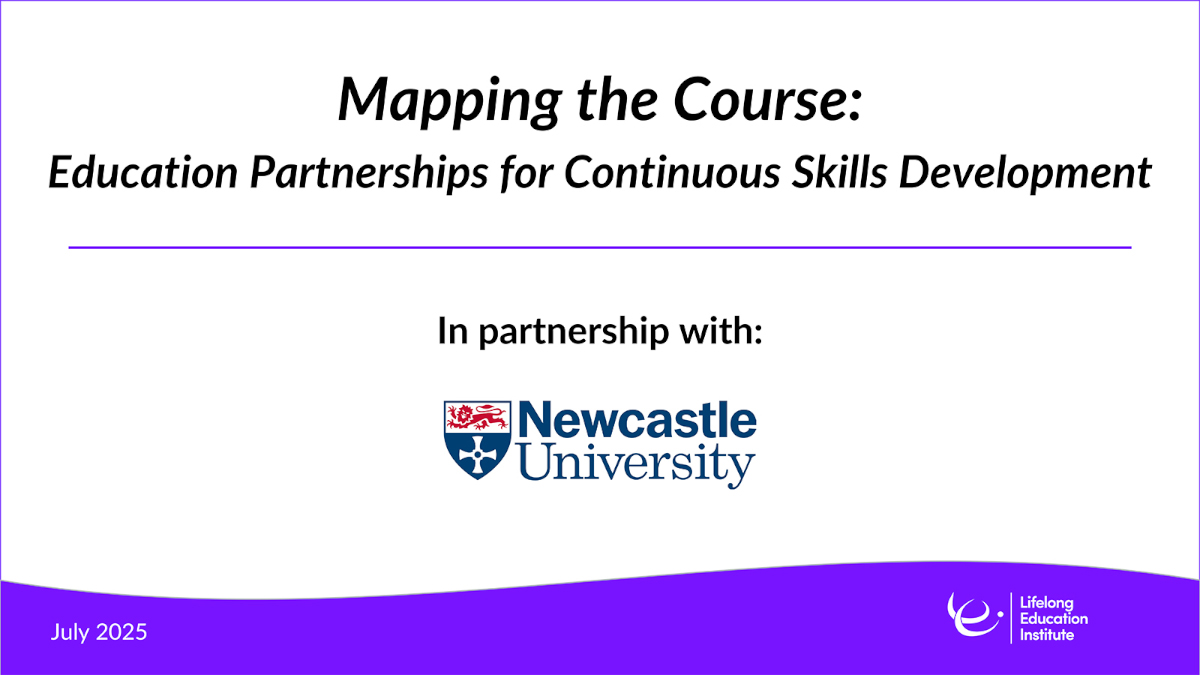

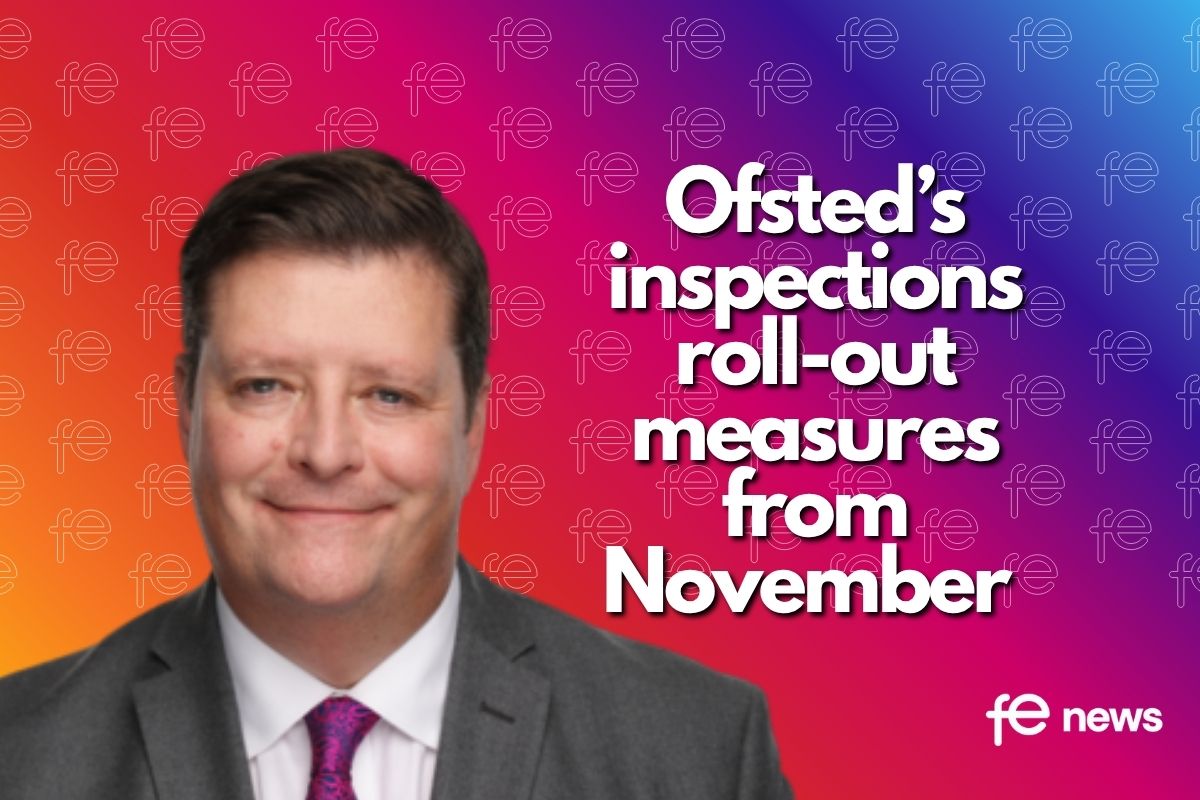
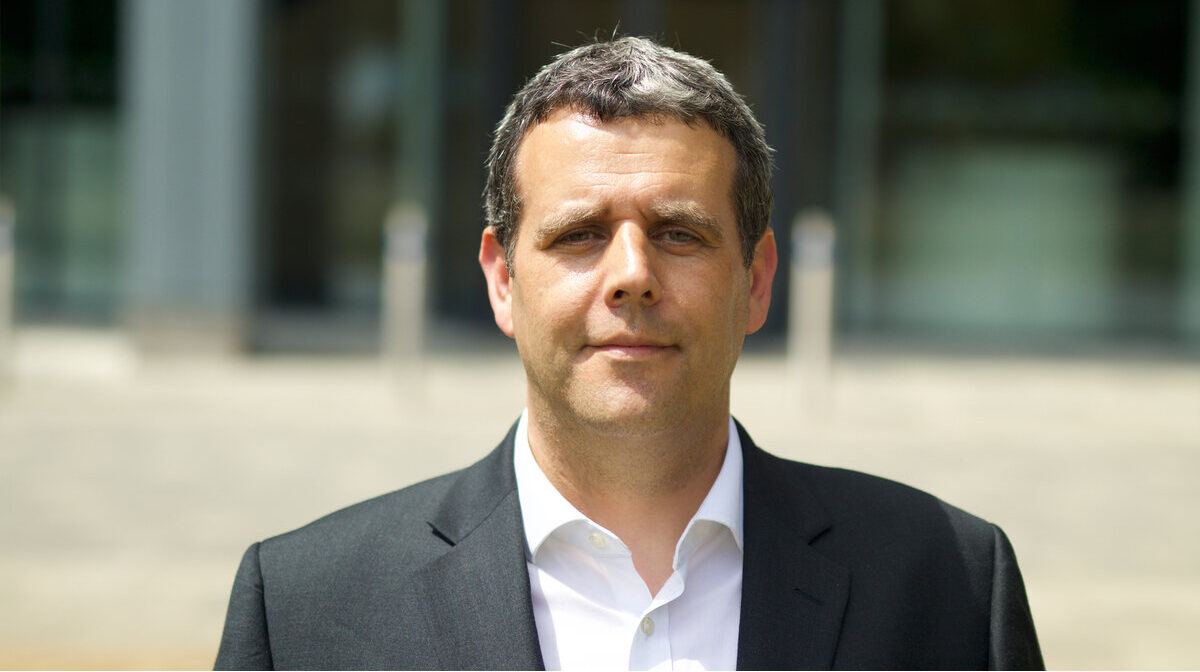

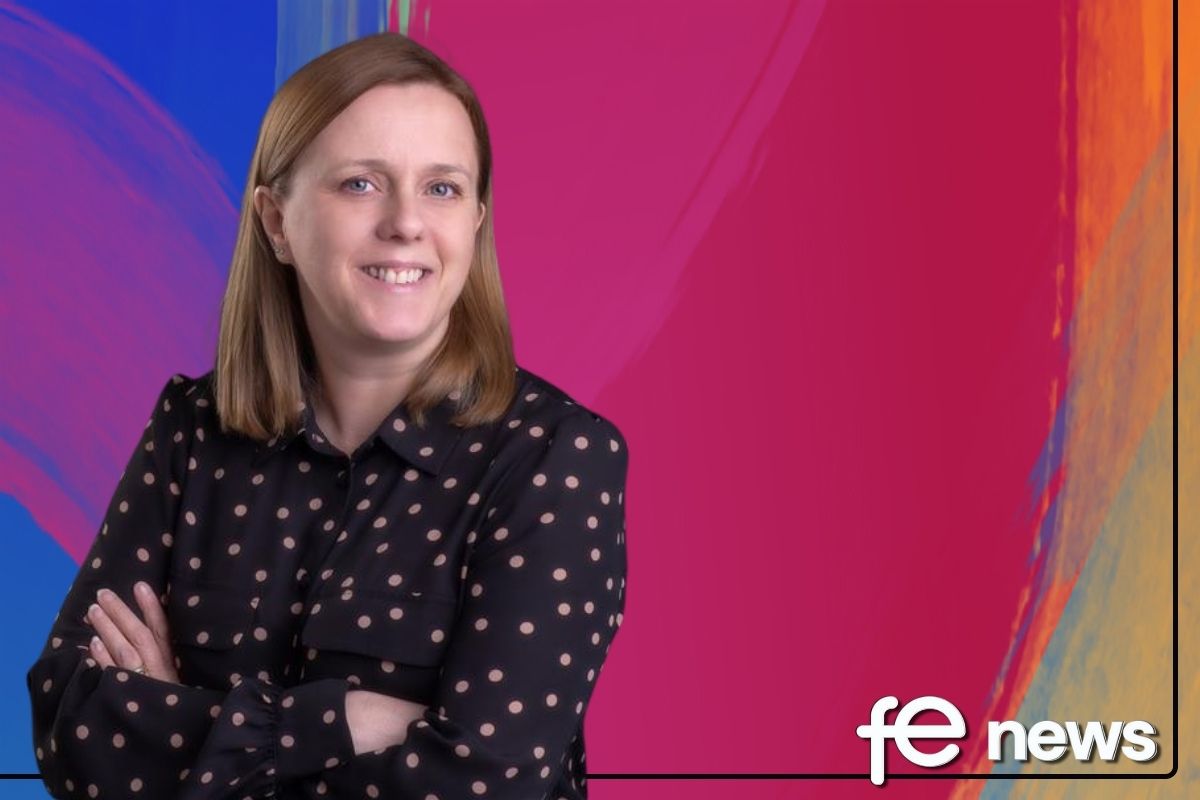
Responses